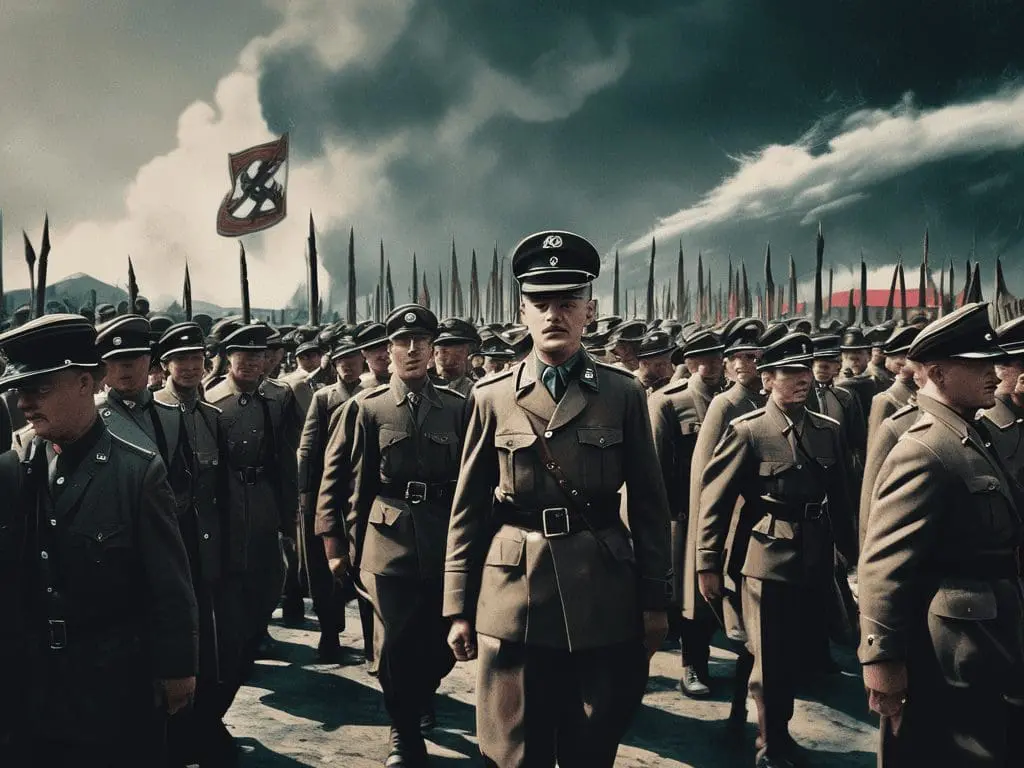Lawrence Kohlberg was a renowned psychologist who developed a theory on the stages of moral development in humans. According to Kohlberg, moral development is a gradual process that occurs throughout an individual’s lifespan, and it is influenced by various factors such as socialisation, personal experiences, and cognitive development.
Kohlberg identified six stages of moral development, which are divided into three levels: pre-conventional, conventional, and post-conventional. In the pre-conventional level, individuals make moral decisions based on self-interest and fear of punishment. This is typically seen in young children who lack a strong understanding of moral principles and rely on external factors to guide their behaviour.
The conventional level is characterised by an adherence to societal norms and expectations. Individuals at this stage are concerned with maintaining social order and following rules set by authority figures. This level is common in adolescents and many adults who base their moral decisions on their desire to conform to societal standards.
The post-conventional level is the highest stage of moral development, in which individuals develop their own moral principles based on universal ethical principles. People at this stage are capable of critically analysing moral issues and making decisions based on their own conscience, regardless of societal expectations.
Kohlberg’s theory has been influential in the fields of psychology, ethics, and education. It has helped researchers understand how individuals develop their moral reasoning and has been used to inform moral education programs in schools and rehabilitation centres.
However, it is important to note that Kohlberg’s theory has been criticised for its lack of cultural diversity and for assuming that moral development follows a universal, linear trajectory. Critics argue that cultural differences and individual experiences play a significant role in shaping moral reasoning, and that Kohlberg’s stages may not apply to all individuals or cultures.
Despite these criticisms, Kohlberg’s stages of moral development remain a valuable framework for understanding how individuals develop their moral values and how these values guide their behaviour. By recognising the different stages of moral development, we can better support individuals in developing their own moral compass and making ethical decisions in a complex and ever-changing world.














